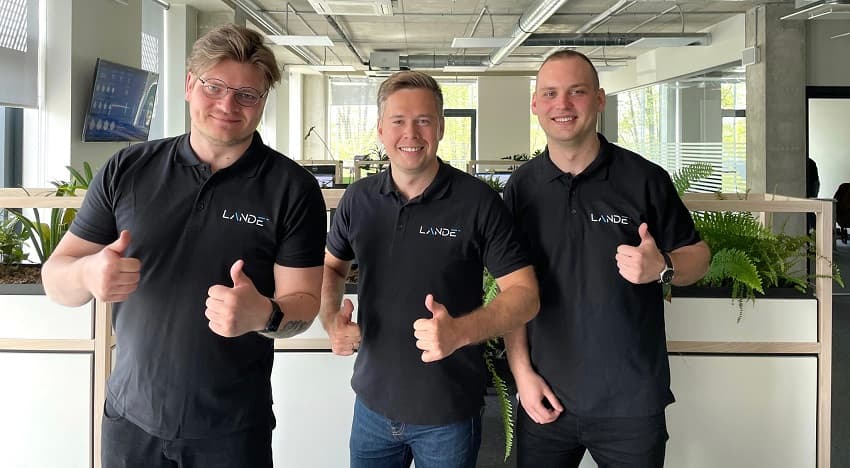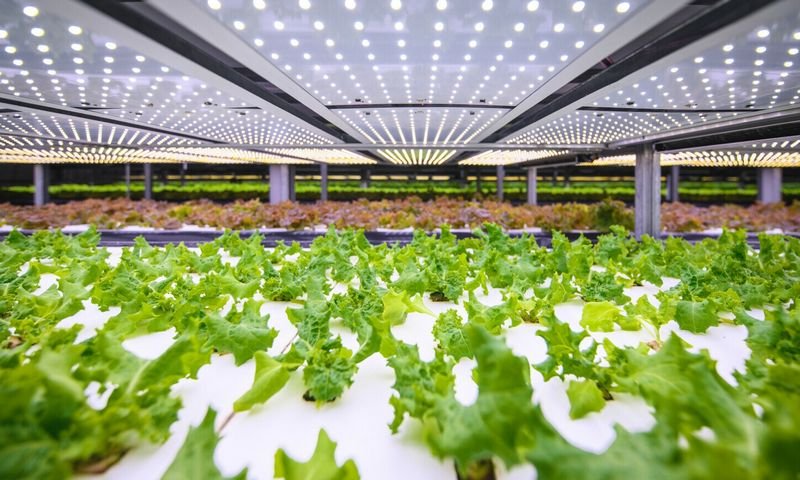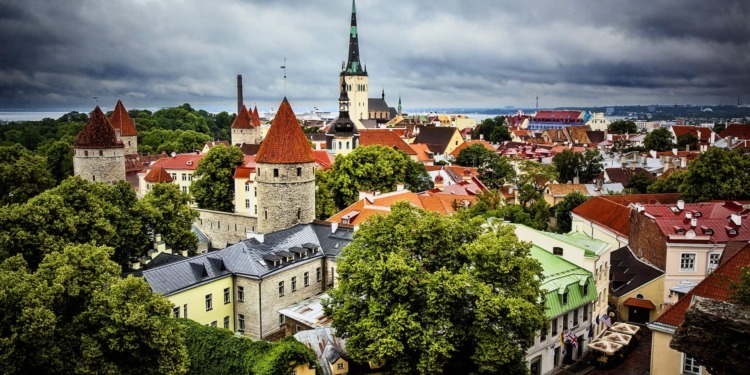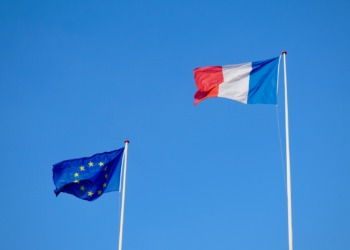Baltic countries are home to several sustainable startups. Spanning from cleantech startups, digital platforms, foodtech solutions, – just to name a few sectors – sustainable startups are more than just a trend in Estonia, Latvia, and Lithuania!
Since gaining independence from the Soviet Union the Baltic states have seen impressive economic growth. Startups are one of the key factors of this growth, and all three countries are actively supporting them with special tax regulations, easier access to working visas, and other incentives.
In this article, we review 9 sustainable startups from the baltic countries that have raised capital this year.
9 sustainable startups from the Baltic countries
Estonia
Solarstone
Solarstone is a startup from Estonia that completed a €10 million round in July. The company produces and sells solar panels. Solarstone’s solar panels are specifically designed to interlock with roof tiles and don’t waste any available space. In a critical moment for the EU energy market, Solarstone solutions could increase the number of solar panels installed across Europe.
eAgronom
eAgronom raised €6.4 million at the beginning of this year. The Estonian ag-tech startup is a digital platform that helps farmers while reducing their greenhouse emissions. eAgronom assists farmers with crop management but also offers them a way to access the carbon credit market.
Arbonics
Arbonics raised €1.8 million in September. The startup from Tallin wants to fill the gap between the “analog” world of forestry and the digital tech sector that is actively fighting climate change. Arbonics partners with landowners and forest managers to provide them with new revenue streams by helping them quantify, monitor, and sell carbon credit.
RELATED ARTICLES: Big Idea Ventures Reveals the Latest Cohort of Its Alternative Protein Accelerator | 5 Sustainable Startups From Israel on the Rise | Qnovia Raises $17 M to Fight Nicotine Addiction | Nvirovate Raises $750K to Make Packaging More Sustainable |
Latvia
Naco Technologies
In March this year, Naco Technologies raised €1.5 million to further develop its technology. The company creates specialized nano-coatings and new materials that replace the ones currently used in electrolyzers and fuel cells. By doing so, it would reduce significantly the cost of electrolyzers and fuel cells and facilitate the production and use of hydrogen.
Lande
Lande is a Latvian startup that completed a €550,000 pre-seed round this year. This crowdfunding platform helps small and medium-sized farms obtain capital from investors. Lande does so by using farmers’ machinery, land, or future harvest as collateral. There are three categories of loans available: seasonal funding, machinery loans, and land buying. Only a limited amount of applications from farmers (around 5%) are accepted.

Aerones
Aerones raised a €9 million seed round this year. The startup produces drones that inspect and maintains wind turbines. According to the company, the process is up to six times faster and up to 40% more cost-efficiently compared to when it’s done by humans. Among Aerones clients there are already nine out of ten of the largest wind energy companies. Aerones is one of the sustainable startups from the baltic countries with high potential for growth.
Lithuania
Elinta Charge
Elinta Charge is a spinoff from Elinta Group. The startup raised €7 million for its EV charging solution. Elinta Charge designs and builds EV charging stations. It also offers cloud solutions for EV fleet management. With the fast growth of electric vehicle sales in Lithuania and the ban on internal combustion engine-powered vehicles from 2035, there is a large space in the market of Elinta.
Leafoods
Lithuanian startup Leafood completed a €6.45 Million round this year. The company has built a vertical farming solution that is sustainable as it uses less soil and water compared to horizontal farming solutions. Furthermore, Leafoods cuts considerably the food supply chain as it is able to produce locally all year round.

Divaks
Divaks raised €3 million this year to further develop its insect protein business. The startup works with other companies to provide insect-based ingridients. The Lithuanian company follows sustainable and circular economy principles across all its supply chains. The idea behind this sustainable startup from the baltic countries is simple: there’s not enough land to meet the demand for primary proteins. Switching to insect farming that has a lower environmental footprint might be the right choice.
Editor’s Note: The opinions expressed here by Impakter.com columnists are their own, not those of Impakter.com –In the Featured Photo: Tallinn city center. Photo credit: Unsplash.











